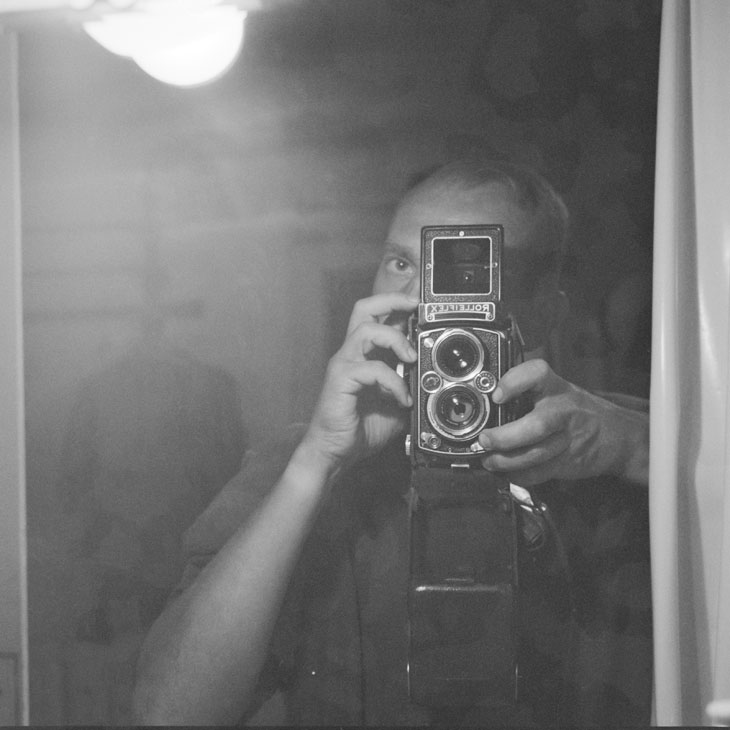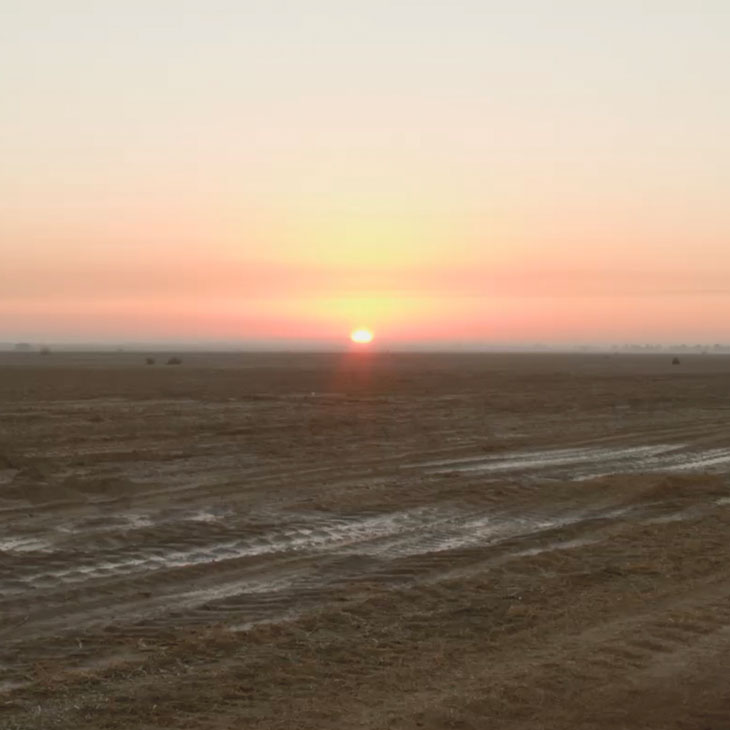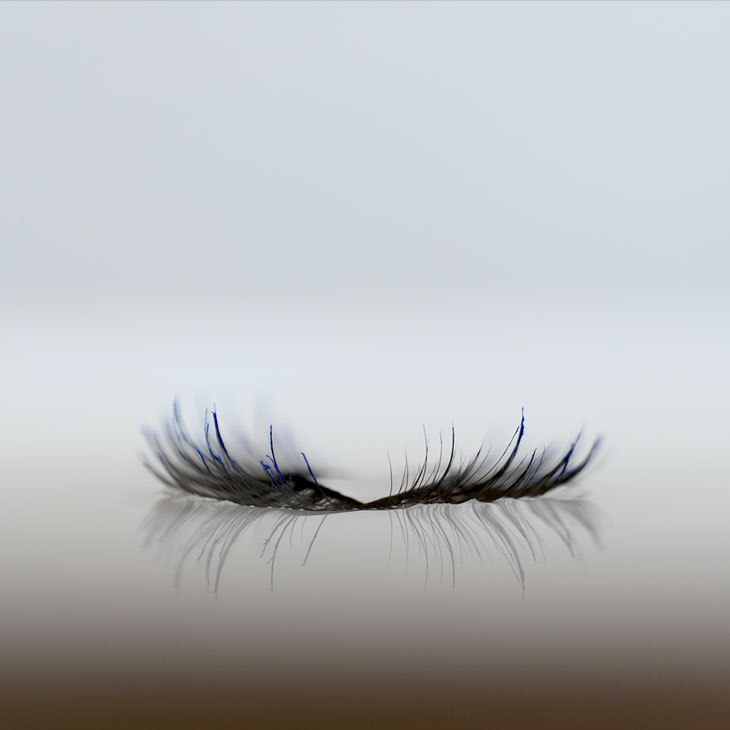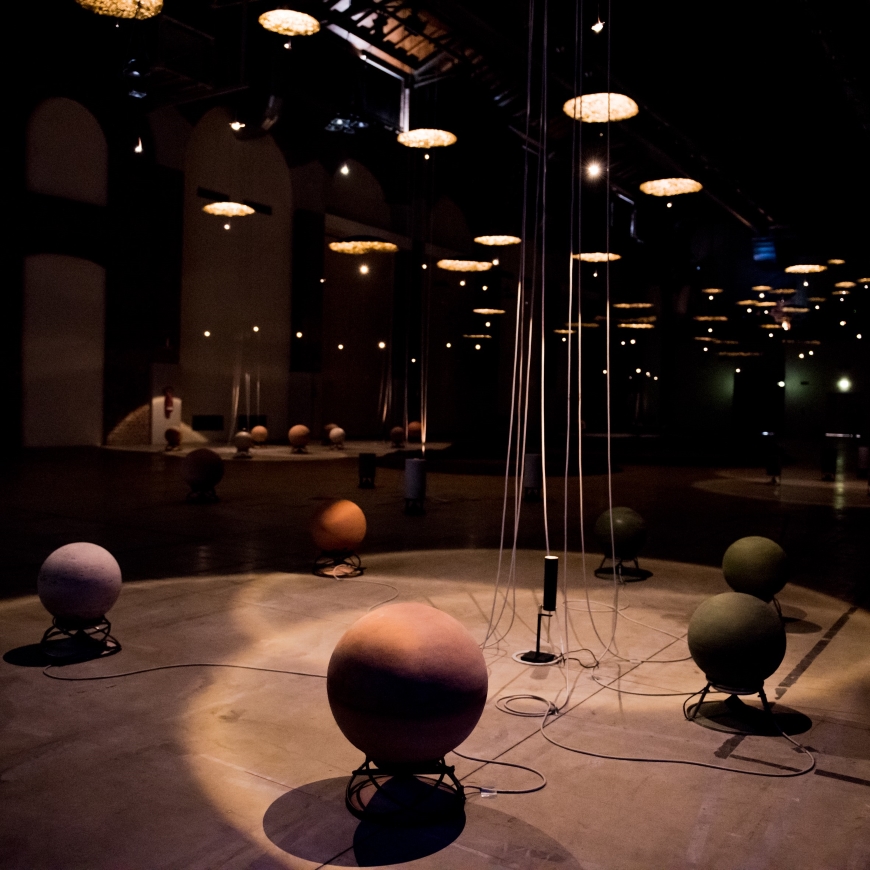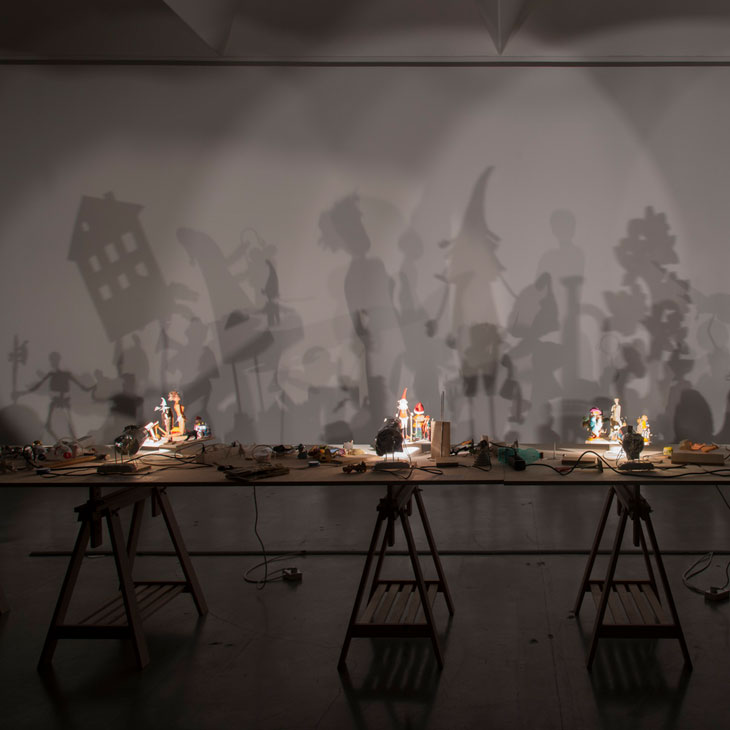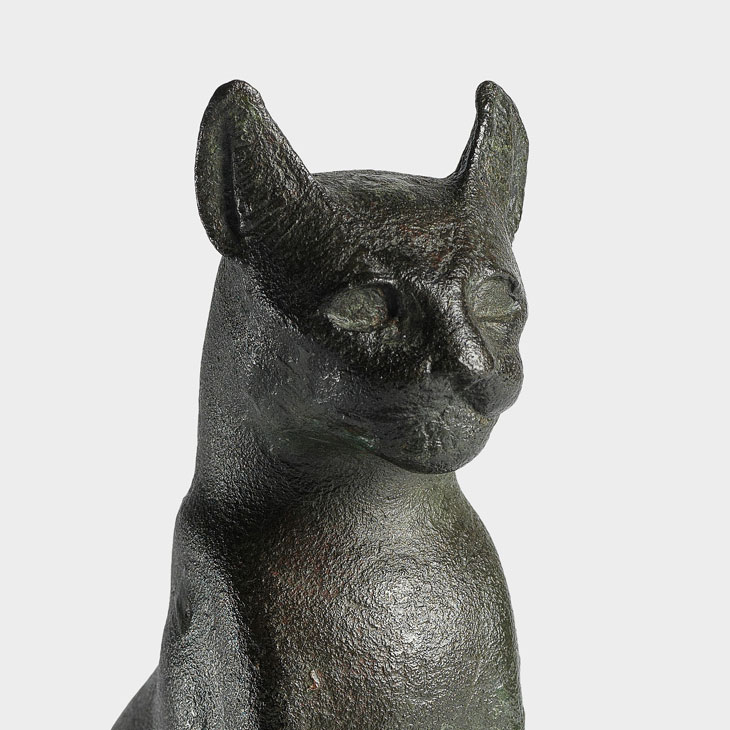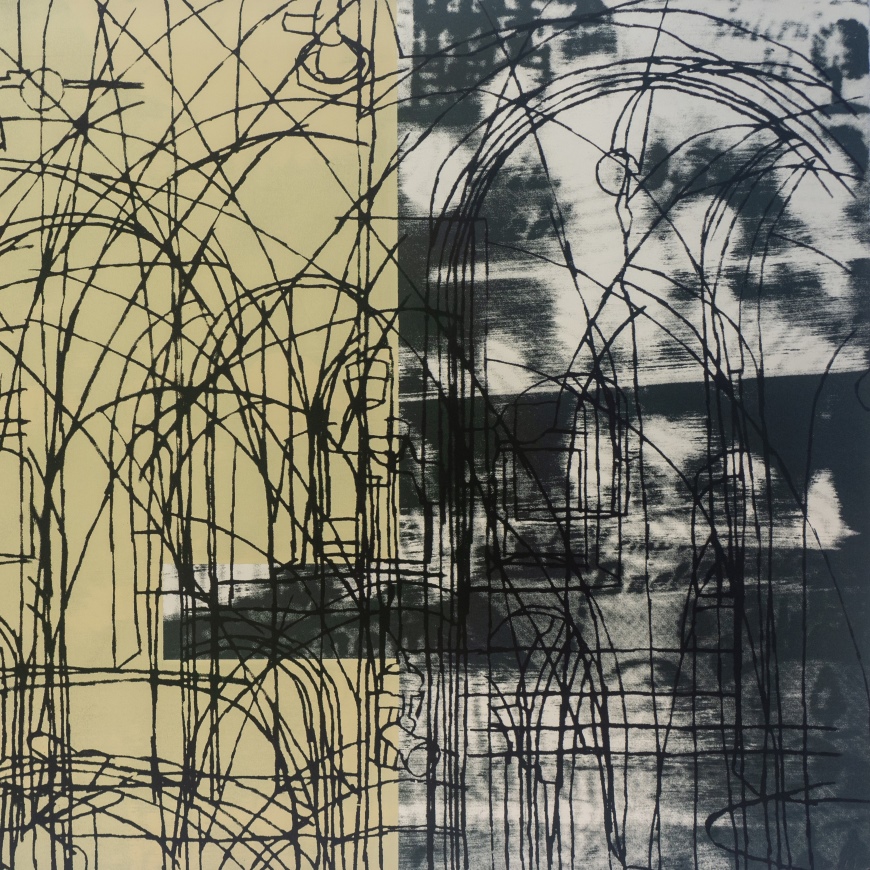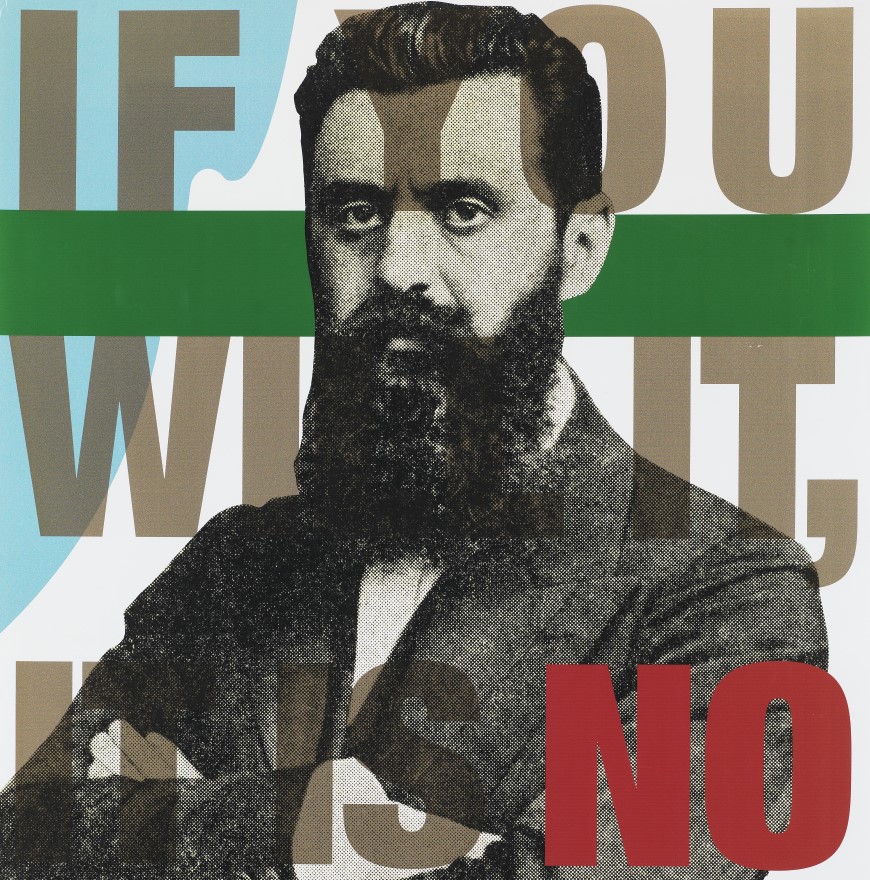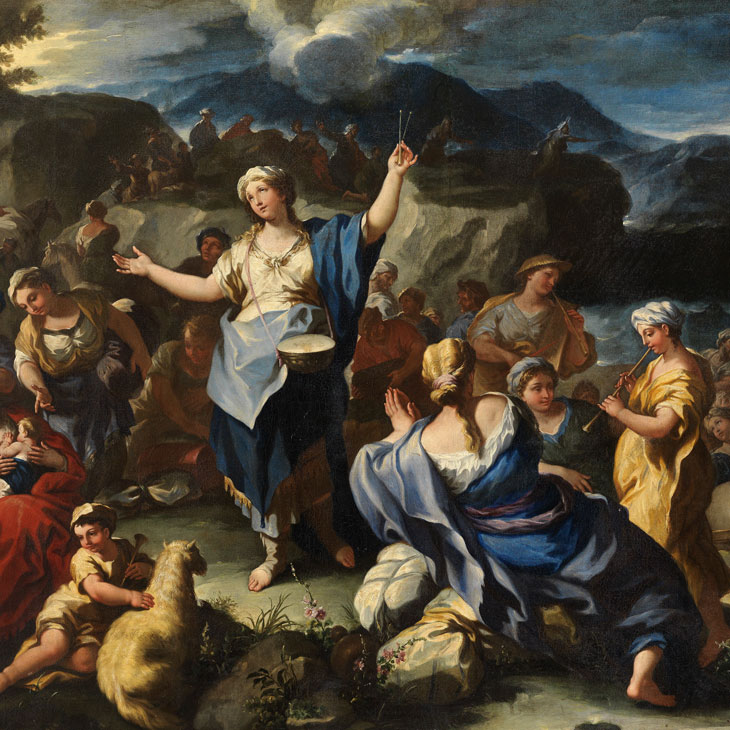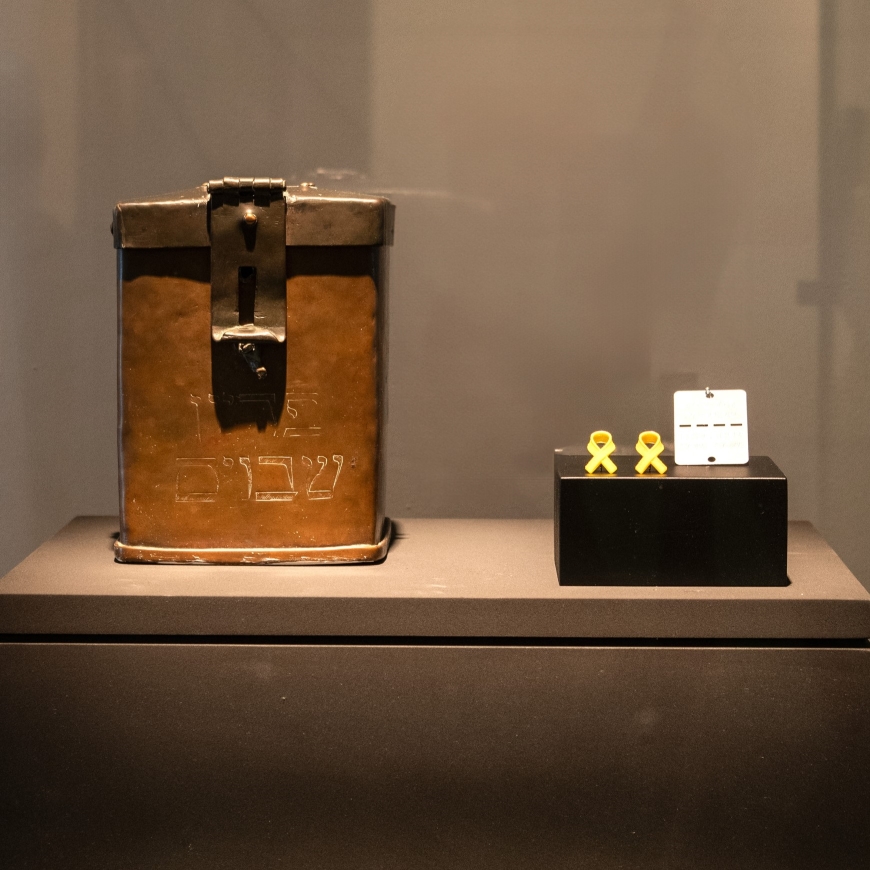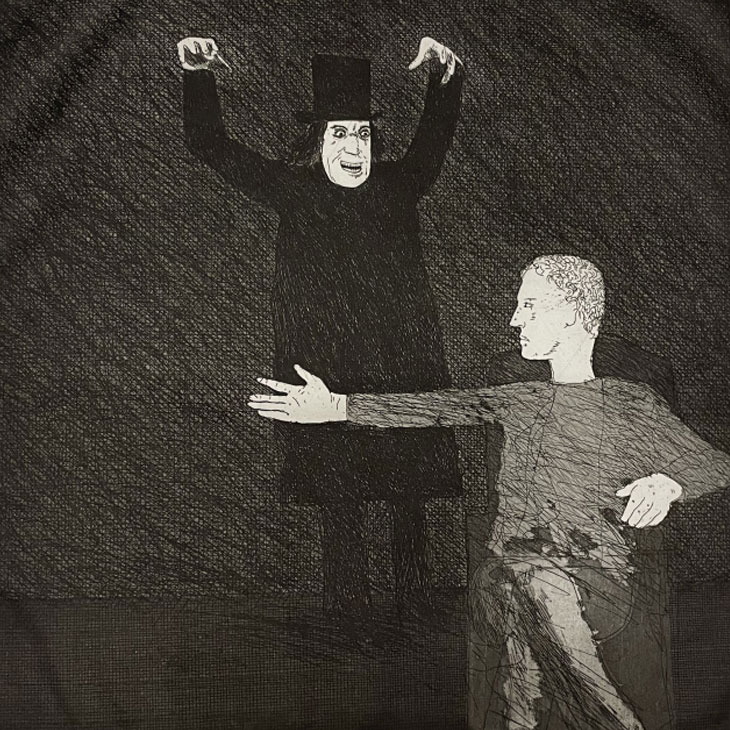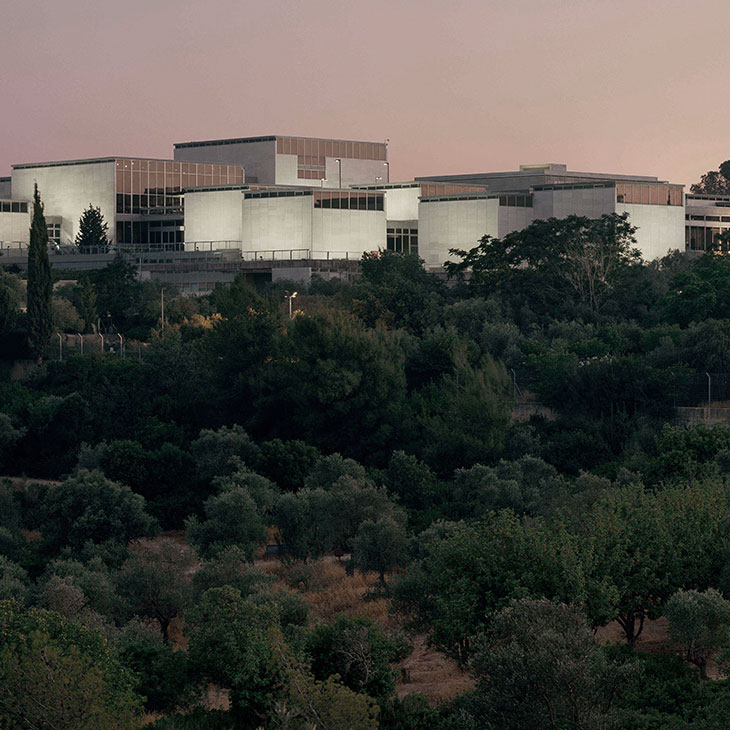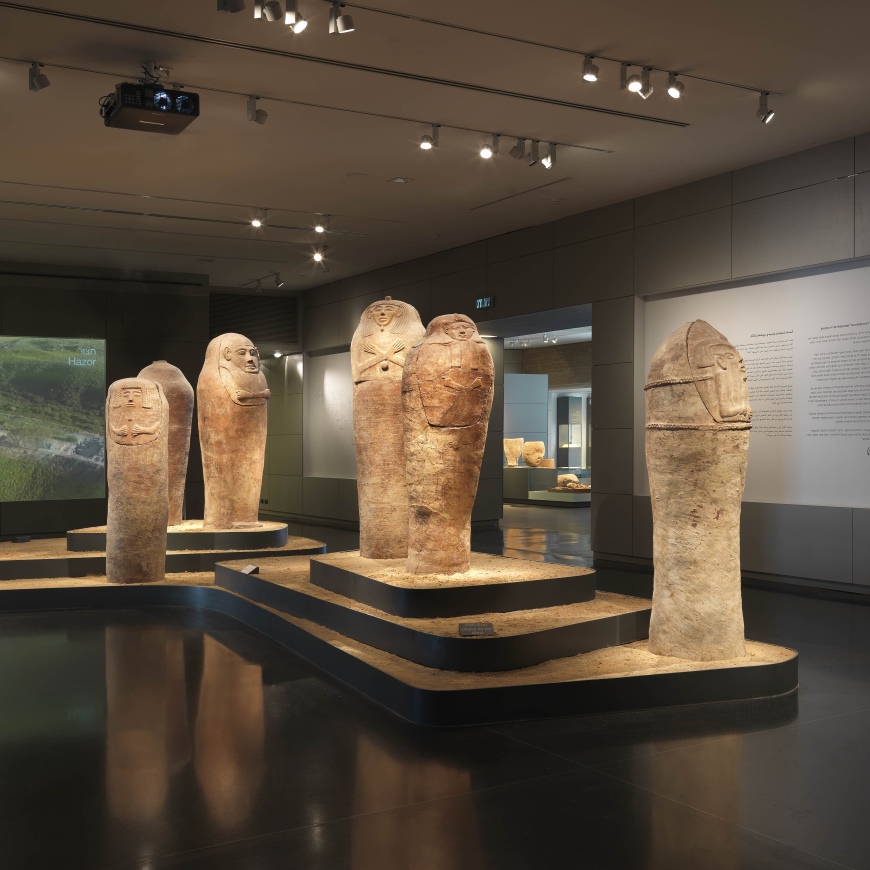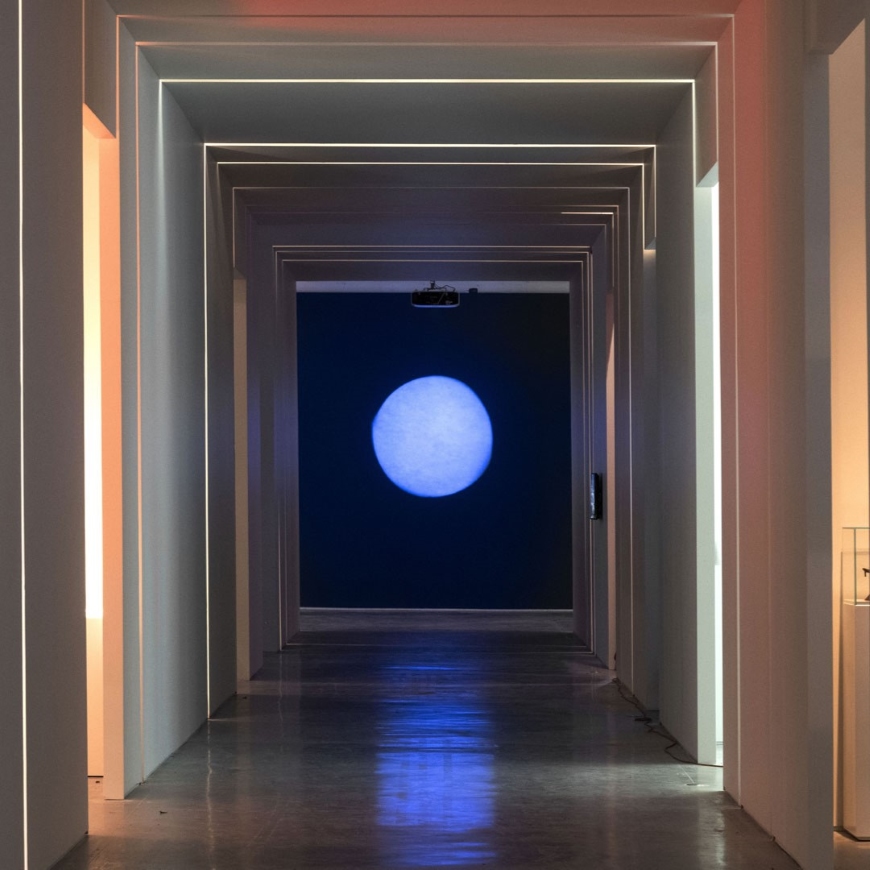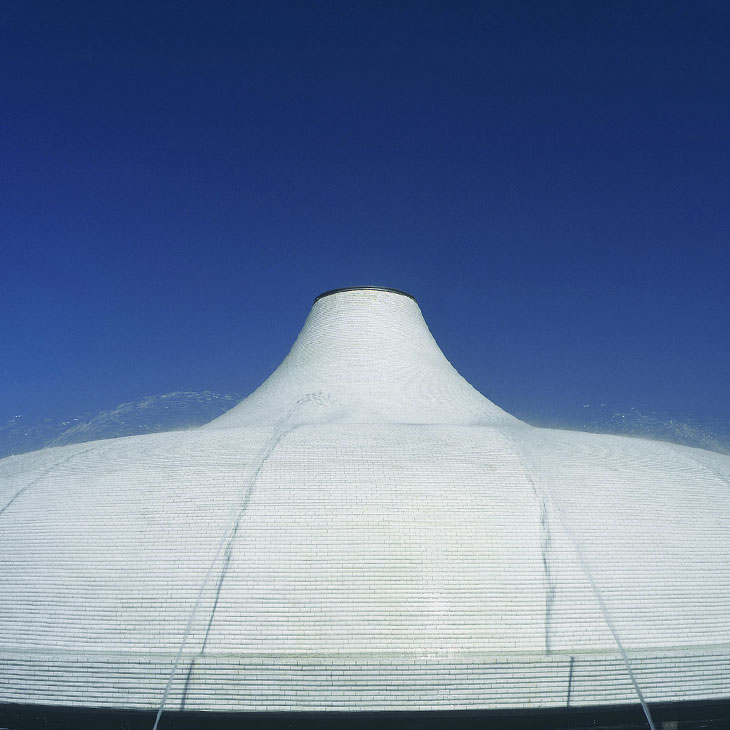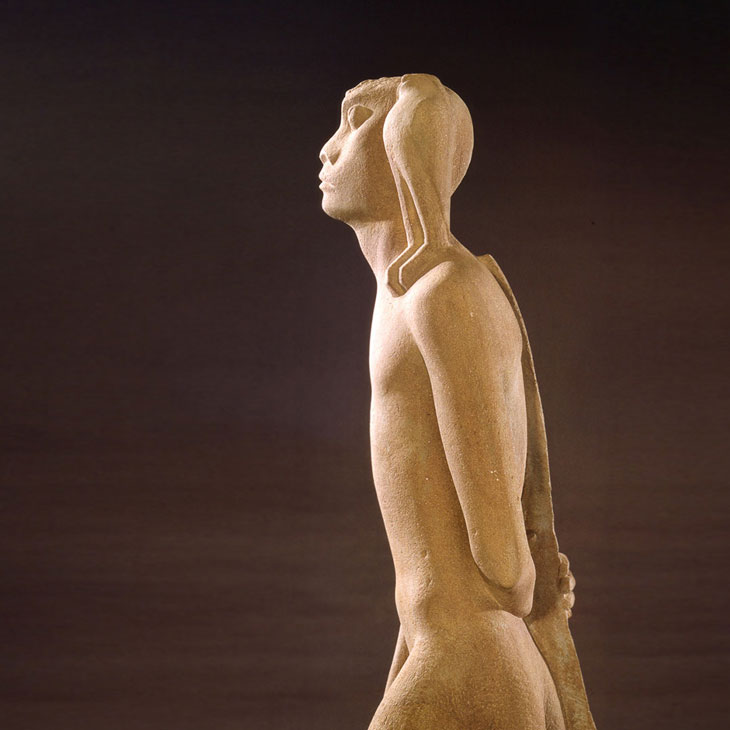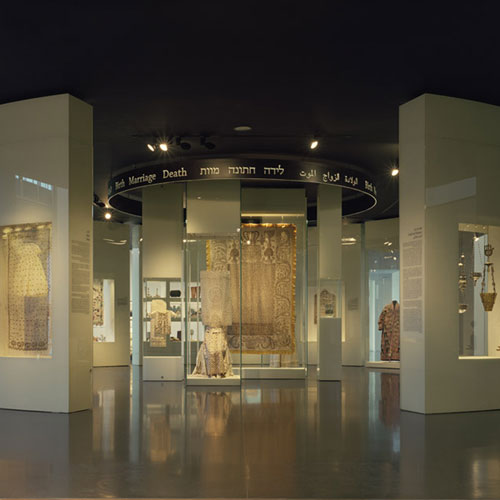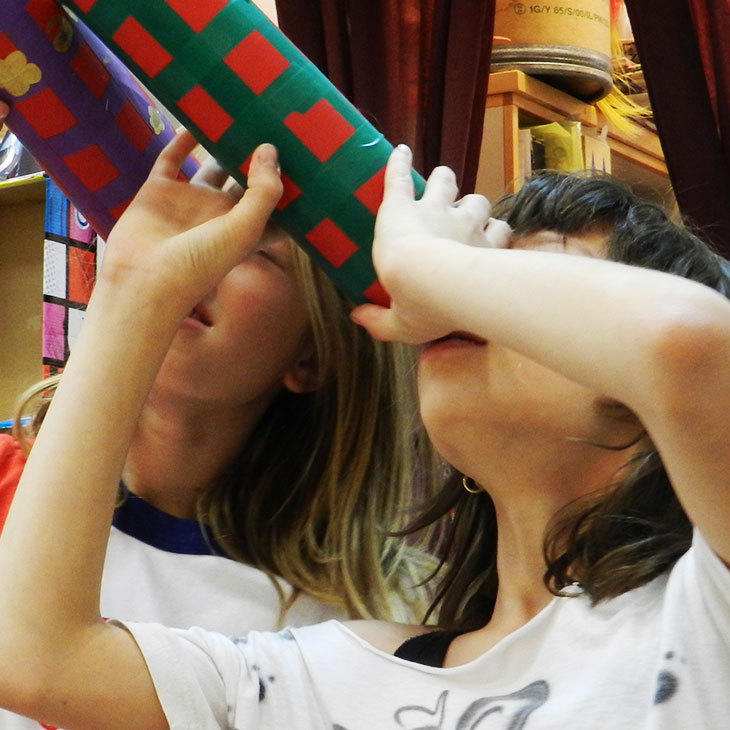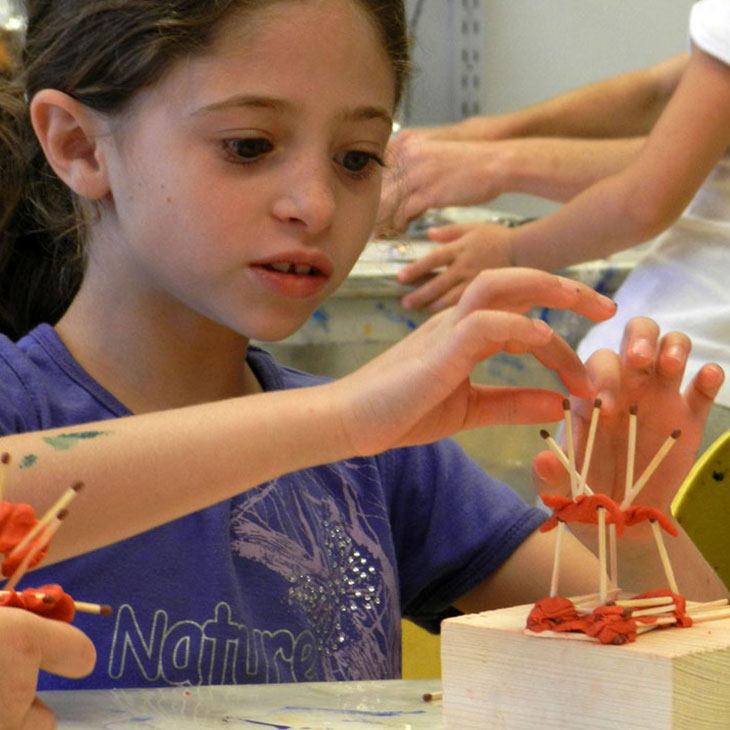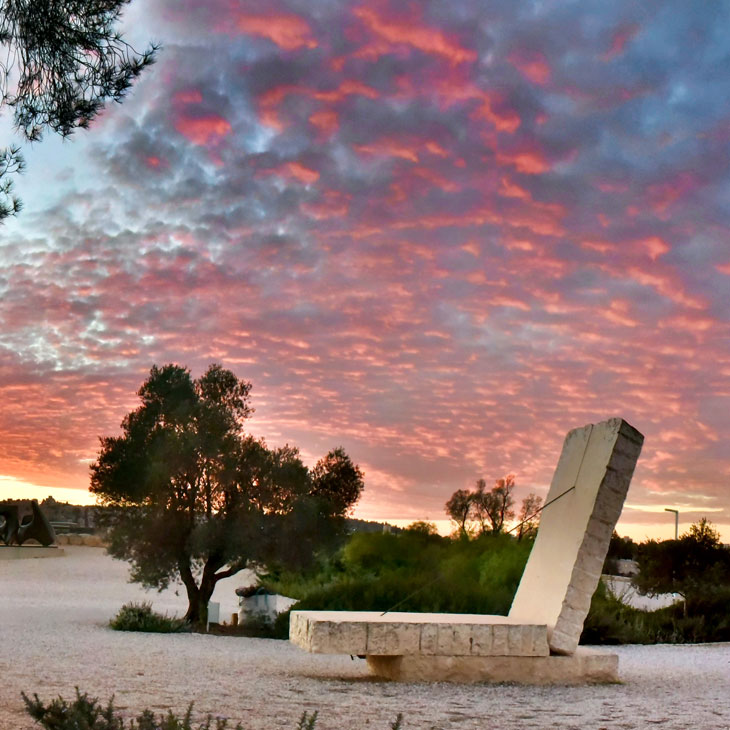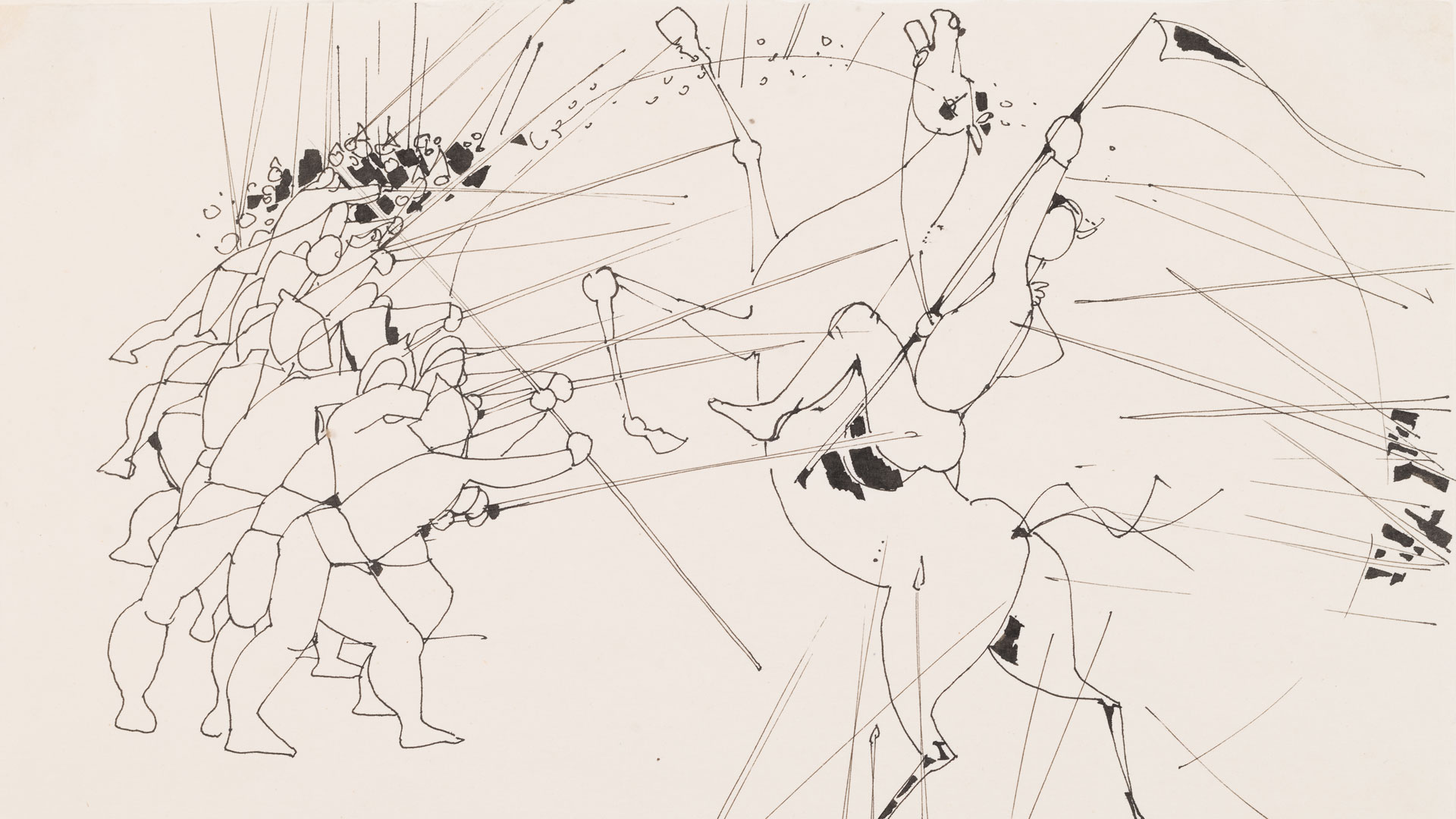
Avigdor Arikha: Scenes of War
-
August 1 2022 - February 14 2023
Curator: Nirit Sharon Debel
Designer: Libat Eden
-
Hagit Gallery
This exhibition focuses on a dramatic decade in the life of artist Avigdor Arikha (1929–2010), from his first encounter with extreme violence in World War II, through his brush with death as a soldier in Israel’s War of Independence, to the depictions of a distant war inspired by a literary work, which he created in his early twenties.
The first war scenes in this decade are pencil drawings from 1943 in which Arikha recorded what he witnessed as a thirteen-year-old boy in a labor camp in Transnistria. The drawings reveal the harsh conditions in which the inmates were held and abuse they suffered.
The exhibition’s second part features wood engravings Arikha made in Paris in 1950 based on his experience of Israel’s War of Independence. Arikha arrived in Palestine, a fifteen-year-old refugee, through the Youth Aliyah program, and was sent to Kibbutz Ma’ale HaHamisha. There, he was recruited to the Haganah paramilitary force and took part in safeguarding convoys on their way to Jerusalem, which was under siege.
The third part of the exhibitions presents Arikha’s original illustrations to the poem The Lay of the Love and Death of Cornet Christoph Rilke by Rainer Maria Rilke, published in Hebrew translation in 1952 by Tarshish Books. The poem describes a seventeenth-century war between the Habsburg Monarchy and the Ottoman Empire. In these ink drawings, made in Jerusalem, Arikha’s wartime experiences were sublimated into poetic, masterful, and flowing portrayals. As the personal reality of war receded into the past, and as his professional experience grew, Arikha refined his ability to process the trauma and grant it artistic expression.
- May 08May 15May 15May 22May 29
- Apr 21Apr 24Apr 28May 05May 08May 12May 15May 19May 22May 26May 29
- May 08May 15May 22May 29
- May 08May 15May 22May 29
- May 08
- Apr 24May 08May 15May 22May 29
- Apr 21Apr 24Apr 28May 05May 08May 15May 19May 22May 26May 29
- Apr 26May 02May 03May 09May 10May 16May 17May 23May 24May 30May 31
- May 03May 10May 17May 24May 31
- Apr 21Apr 28May 05May 12May 19May 26
- May 05May 12May 19May 26
- May 06May 13May 20May 27
- May 06May 13May 20May 27
- May 13May 20May 27
- May 15
